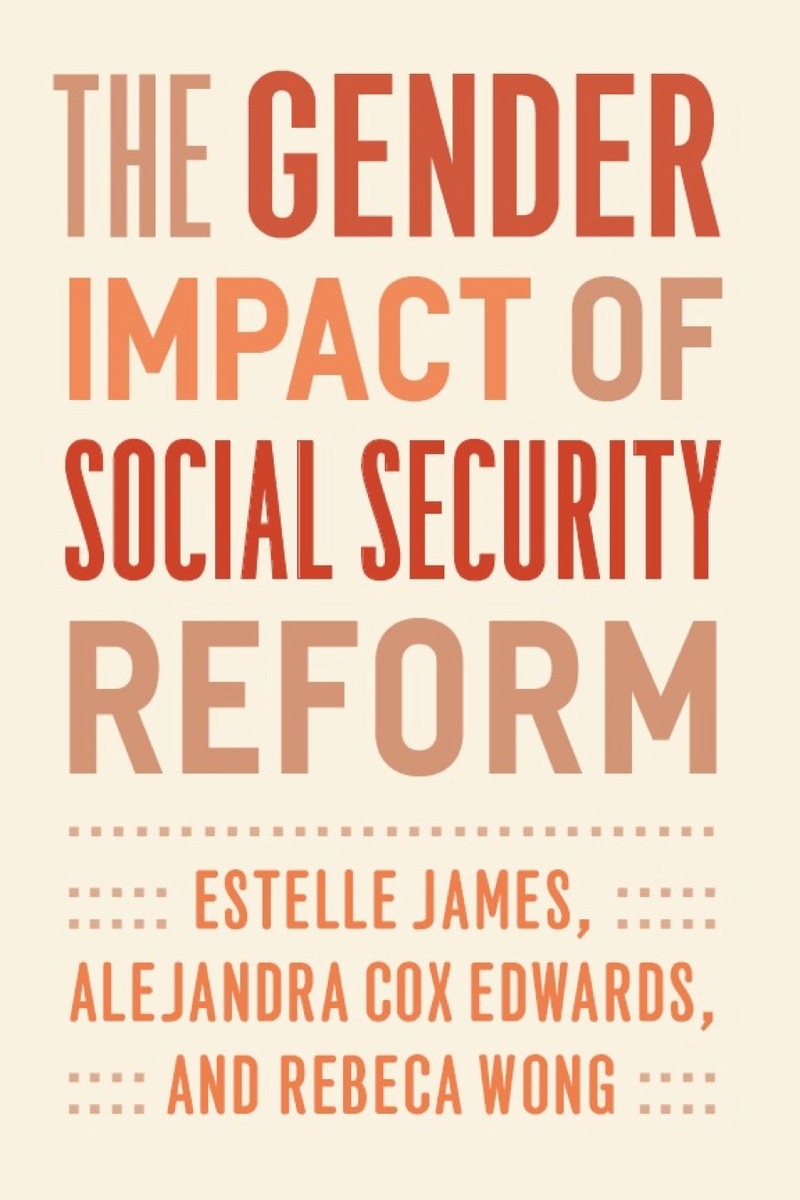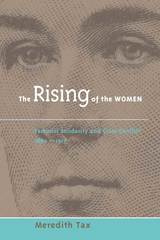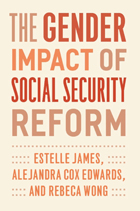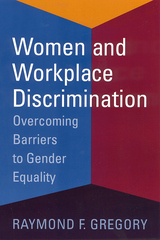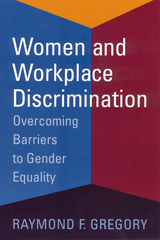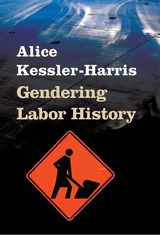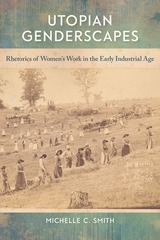The Gender Impact of Social Security Reform
University of Chicago Press, 2008
Cloth: 978-0-226-39200-4 | eISBN: 978-0-226-39202-8
Library of Congress Classification HD6080.J36 2008
Dewey Decimal Classification 331.2522082
Cloth: 978-0-226-39200-4 | eISBN: 978-0-226-39202-8
Library of Congress Classification HD6080.J36 2008
Dewey Decimal Classification 331.2522082
ABOUT THIS BOOK | AUTHOR BIOGRAPHY | REVIEWS | TOC | REQUEST ACCESSIBLE FILE
ABOUT THIS BOOK
As populations age and revenues diminish, government and private pension funds around the world are facing insolvency. The looming social security crisis is especially dire for women, who live longer than men but have worked less in the formal labor force. This groundbreaking study examines alternative social security systems and their disparate impacts on men and women. Emphasis is placed on the new multi-pillar systems that combine a publicly managed benefit and a mandatory private retirement saving plan.
The Gender Impact of Social Security Reform compares the gendered outcomes of social security systems in Chile, Argentina, and Mexico, and presents empirical findings from Eastern and Central European transition economies as well as several OECD countries. Women’s positions have improved relative to men in countries where joint pensions have been required, widows who have worked can keep the joint pension in addition to their own benefit, the public benefit has been targeted toward low earners, and women’s retirement age has been raised to equality with that of men. The Gender Impact of Social Security Reform will force economists and policy makers to reexamine the design features that enable social security systems to achieve desirable gender outcomes.
The Gender Impact of Social Security Reform compares the gendered outcomes of social security systems in Chile, Argentina, and Mexico, and presents empirical findings from Eastern and Central European transition economies as well as several OECD countries. Women’s positions have improved relative to men in countries where joint pensions have been required, widows who have worked can keep the joint pension in addition to their own benefit, the public benefit has been targeted toward low earners, and women’s retirement age has been raised to equality with that of men. The Gender Impact of Social Security Reform will force economists and policy makers to reexamine the design features that enable social security systems to achieve desirable gender outcomes.
See other books on: Business Development | Economics & Trade | Pensions | Social security | Social Security Reform
See other titles from University of Chicago Press
